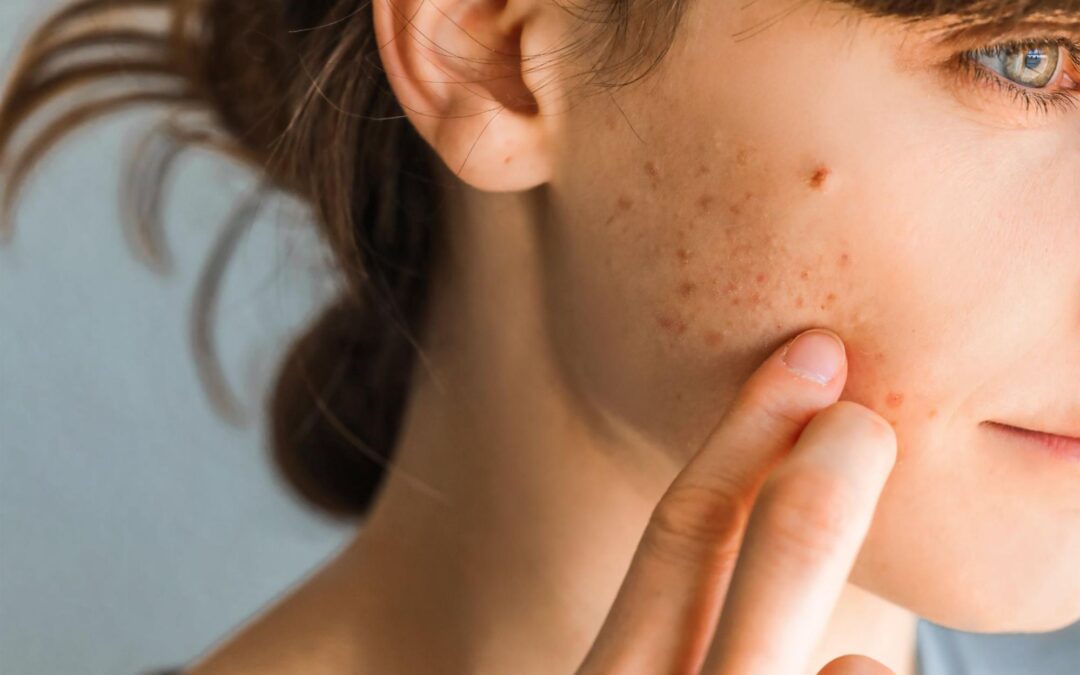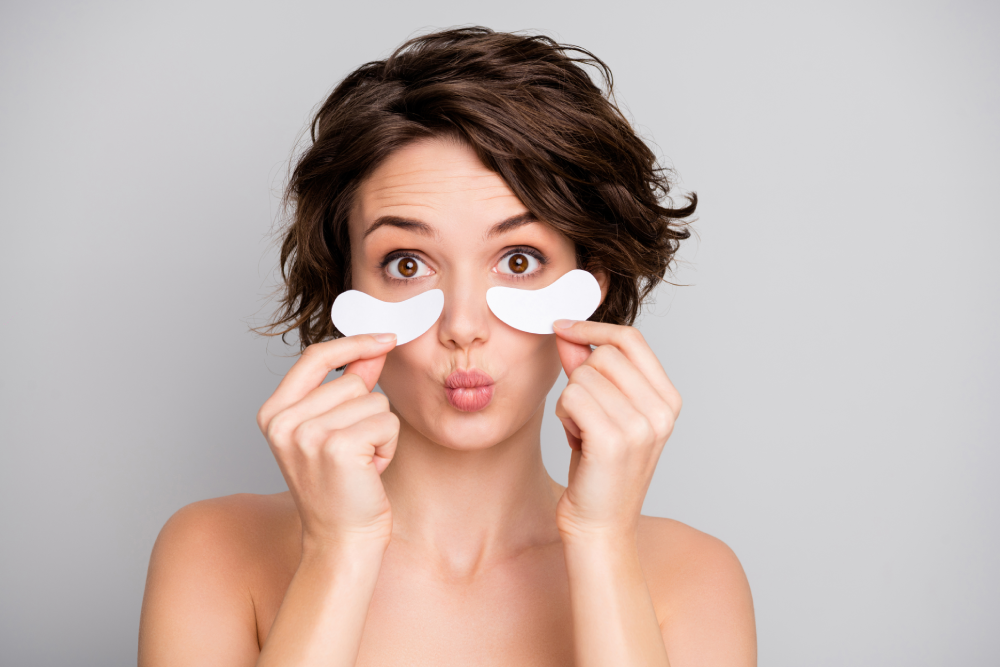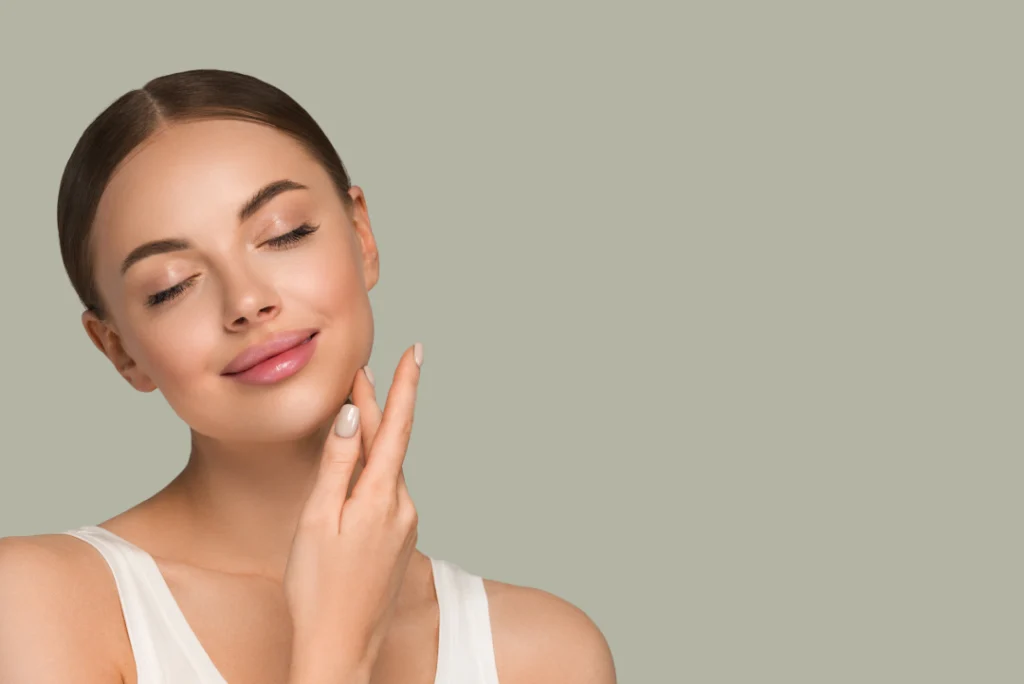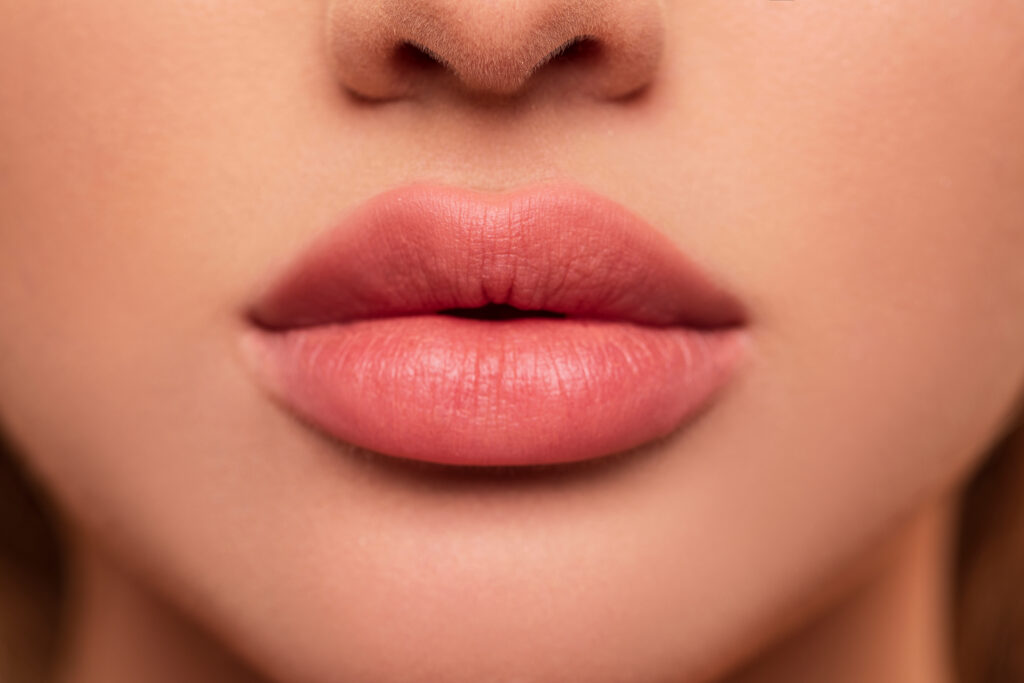Acne—it is a four-letter word that can send anyone spiraling into a skincare nightmare. Breakouts can strike at the worst times, and pimples don’t discriminate based on age. From hormonal teens to adults dealing with stubborn skin conditions, acne can leave lasting physical and emotional scars. But the days of one-size-fits-all acne solutions are over.
If you are tired of cycling through products that don’t work, it is time to explore customized acne treatment plans. Tailoring an acne regimen to your unique skin type can transform your skin from unpredictable to perfectly under control.
Acne isn’t just about what’s on the surface—it is about understanding your skin, your body, and how to create the right solution.
Are you ready to take control of your skin’s future? Read here to find out what acne is, what triggers it, and why your skin deserves a plan as unique as you are.
What is Acne?
At its core, acne is a skin condition that occurs when your hair follicles become clogged with oil (also known as sebum), dead skin cells, and bacteria. This can lead to pimples, blackheads, whiteheads, and even cystic lesions in more severe cases.
While acne is most common during puberty due to hormonal changes, it can affect anyone at any age. Acne is classified into several different types based on its severity and appearance:
- Comedonal acne. Blackheads and whiteheads form when the hair follicle gets clogged.
- Inflammatory acne. Papules and pustules form when the follicle becomes infected and inflamed.
- Cystic acne. Severe, painful, and deeply inflamed cysts form under the skin.
Acne is a condition that varies from person to person, and that is why it demands a personalized approach to treatment. To clear your skin and prevent future breakouts, it is essential to understand the factors that cause acne in the first place.
What Causes Acne?
There’s no single reason why acne shows up and overstays its welcome. Multiple factors contribute to breakouts, and some of them may be completely out of your control. Let’s dive into the primary culprits behind acne:
- Hormonal Changes. Hormones play a significant role in acne development, especially during puberty, menstruation, pregnancy, and menopause. These changes can lead to increased sebum production, which clogs pores and invites breakouts. Hormonal acne tends to appear on the lower face, jawline, and chin, making it tricky to manage without the right acne treatment plan.
- Excess Sebum Production. Sebum is the natural oil produced by your skin’s sebaceous glands. While it helps keep the skin moisturized, too much of it can trap dead skin cells in your pores, leading to acne. Oily skin types are especially prone to breakouts caused by sebum overload, and without proper management, this can lead to long-term issues.
- Bacteria. The bacteria Propionibacterium acnes (P. acnes) can thrive within clogged hair follicles, leading to inflammation and infection. This is especially common in inflammatory and cystic acne. While bacteria naturally exist on your skin, the right conditions (like excess oil) can cause it to multiply and wreak havoc.
- Diet and Lifestyle. While diet alone doesn’t cause acne, certain foods may trigger breakouts in some individuals. High-glycemic foods, dairy, and processed sugars have been linked to acne flare-ups. Stress, lack of sleep, and poor skincare habits can also contribute to an imbalance in your skin’s natural barrier, leaving it vulnerable to acne.
- Genetics. Your genetic makeup can determine how prone you are to acne. If acne runs in your family, you may have inherited the tendency for your skin to produce excess sebum or react to certain triggers more aggressively.
With so many factors at play, it is easy to feel overwhelmed. But the good news? With the right treatment plan, you can target the root causes of your acne and achieve acne-free skin.
Types of Skin
When it comes to acne, understanding your skin type is important in determining the best acne treatment approach. Different skin types respond differently to treatments, which is why customized solutions are key to clear, healthy skin.
Let’s explore the common skin types:
- Oily Skin. It is known for producing excess sebum, which leads to clogged pores and frequent breakouts. People with oily skin often experience shiny, greasy skin, especially around the T-zone (forehead, nose, and chin). While oily skin is more prone to pimples and breakouts, it also tends to age more slowly due to its natural moisture.
- Dry Skin. Contrary to what you might think, dry skin can also develop acne. When your skin is too dry, it can trigger an overproduction of sebum as it tries to compensate, leading to clogged pores and breakouts. People with dry skin may struggle with flaky or rough patches, which can make acne treatments irritating without proper hydration.
- Combination Skin. It is a mix of oily and dry areas. Typically, the T-zone is oily, while the cheeks and other areas of the face are dry or normal. Treating combination skin can be tricky, as different areas may require different types of care. A one-size-fits-all approach won’t cut it.
- Sensitive Skin. This type of skin reacts easily to skincare products, environmental changes, and even stress. It is prone to redness, irritation, and sometimes breakouts. Finding the right treatment for sensitive skin requires a gentle approach that won’t cause further irritation while still addressing acne effectively.
- Normal Skin. Lucky enough to have balanced skin? Normal skin experiences minimal breakouts and maintains an even tone and texture. However, even normal skin isn’t immune to the occasional pimple, and it’s essential to maintain a solid skincare routine to prevent acne from developing.
Customizing Solutions for Different Skin Types
Now that we’ve covered the different skin types, it is clear that not all acne treatments will work the same for everyone. Customizing your acne treatment plan based on your specific skin type is the only way to achieve lasting, effective results.
Here’s why personalization matters:
1. Targeted Ingredients
Every skin type requires different active ingredients to treat acne effectively. For example, oily skin benefits from ingredients like salicylic acid and benzoyl peroxide to control oil production, while dry skin may need gentle exfoliants and extra hydration. Knowing which ingredients are best for your skin type ensures you are using the right treatments without causing damage or irritation.
2. Preventing Irritation
Using the wrong products for your skin type can make acne worse, especially for those with dry or sensitive skin. Harsh treatments may strip the skin of its natural oils, leading to more breakouts or inflammation. A tailored approach ensures that your skin’s moisture barrier stays intact while addressing the root cause of your acne.
3. Balancing Oil Production
For oily and combination skin types, it is important to find the right balance between controlling oil and keeping the skin hydrated. Stripping the skin of too much oil can trigger a rebound effect, leading to more sebum production and breakouts. Customized treatments strike the right balance to keep your skin clear without overcompensating.
4. Long-Term Results
A one-size-fits-all approach may provide short-term relief, but it rarely delivers long-lasting results. A personalized treatment plan addresses the underlying causes of your acne and adapts as your skin changes. This means fewer breakouts, a more balanced complexion, and long-term improvement in your skin’s overall health.

Experience Acne-Free Skin
You deserve a solution that works with your skin, not against it. Natalie Sharp, FNP-BC, an ANCC Board Certified Family Nurse Practitioner, specializes in creating personalized acne treatment plans tailored to your unique skin type.
By understanding the root causes of your acne and customizing a solution just for you, she helps you achieve the clear, confident skin you’ve always wanted. Take the first step toward an acne-free future by scheduling a consultation today at Applied Aesthetic in Garden City, NY.
Call us now because your skin deserves nothing less than the best—and that means a treatment plan as unique as you!





